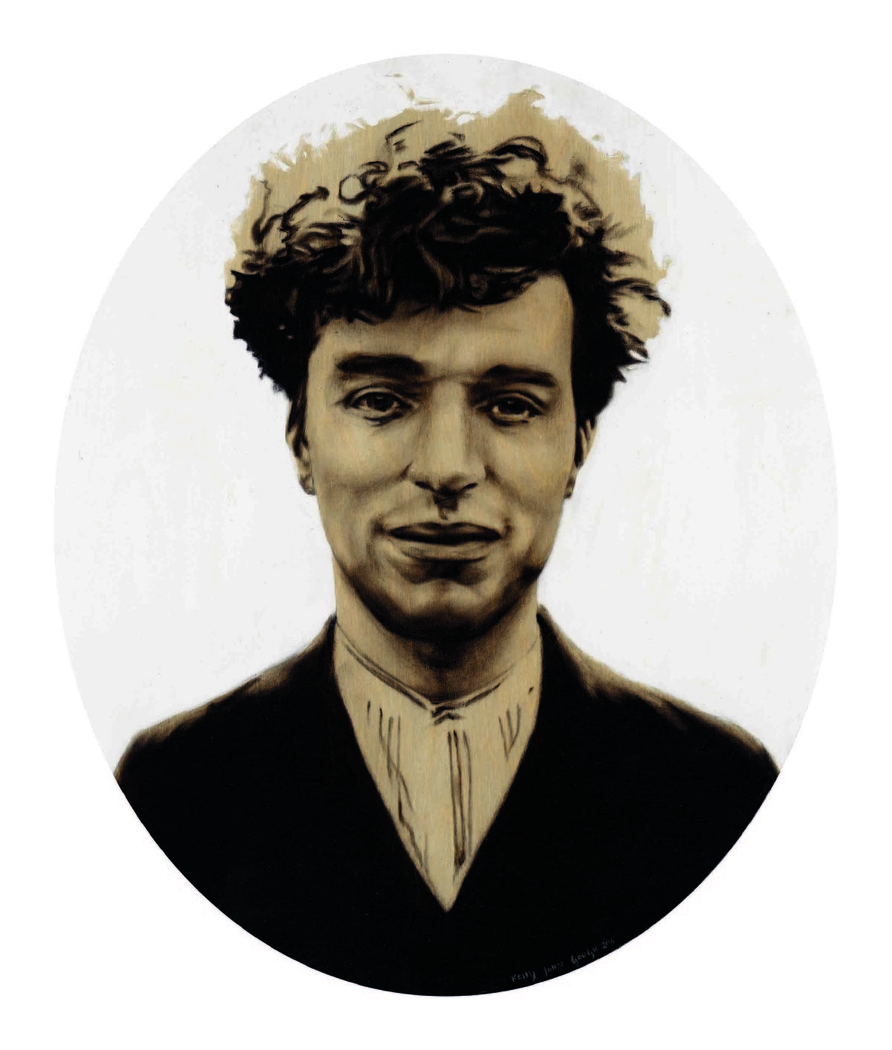
Tags
Loading...
Select from existing tags
Charlie 2016
Charlie, oil on wood, 2016, framed, 880 x 720mm
[br]
Charlie Chaplin | Comic, actor, filmmaker, composer, political activist
Charlie Chaplin worked hard in order to establish his own production company so that by 1923, he could work outside of the agendas of the giant Hollywood film companies of the day.
Keeping his independence ensured that Chaplin could avoid havi...
- Size:
- 880 x 720mm
- Medium:
- Oil on wood, framed
- Credit:
- All rights reserved. Exhibited on USEUM with the permission of the rights owner.
More from this artist...
Loading...
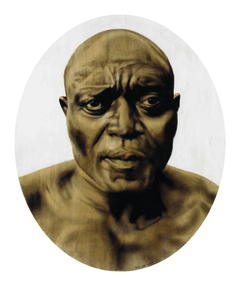
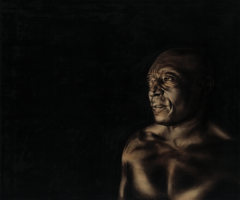
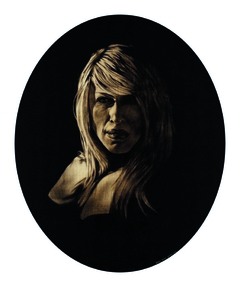
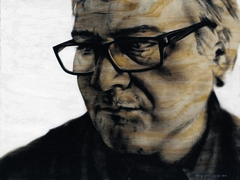

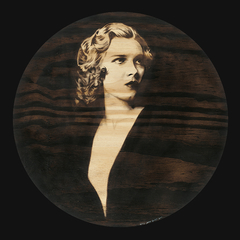

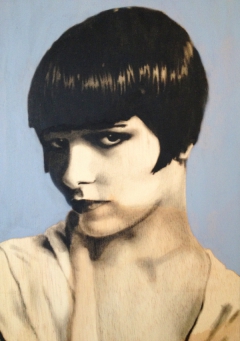

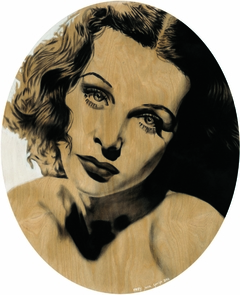
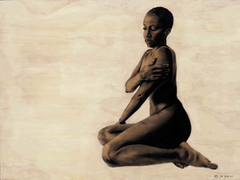
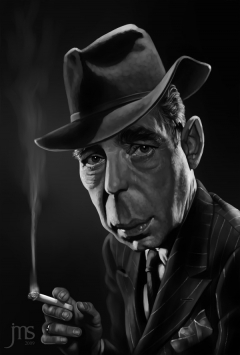
Discussion